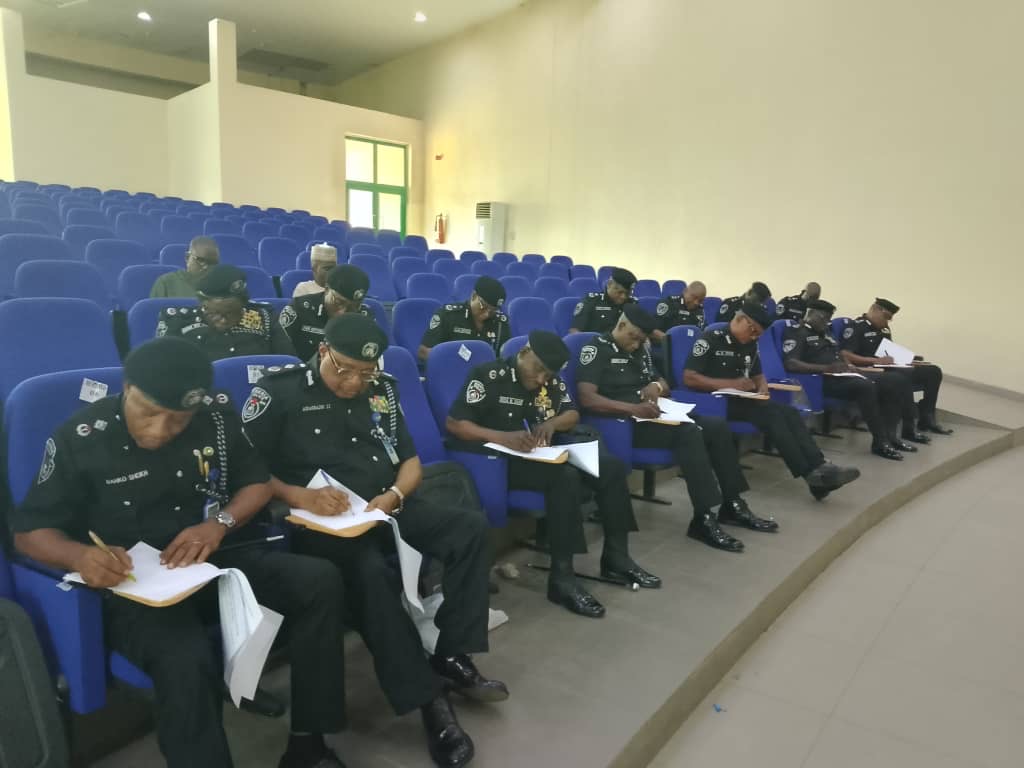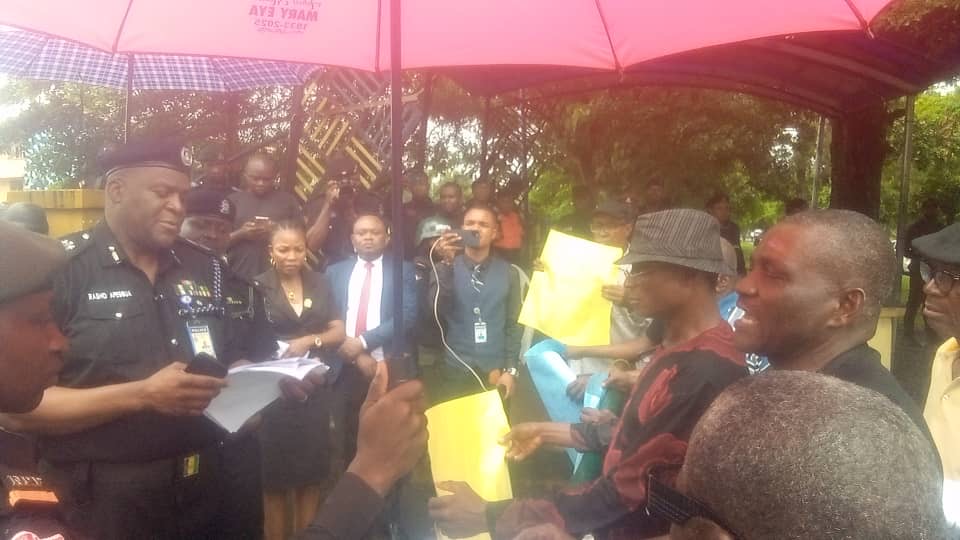Chairman of the Commission, DIG Hashimu Argungu (rtd).
By Dianabasi Effiong
The Police Service Commission says it will leverage the forensic and DNA studies to strengthen the Nigeria Police Force.
Chairman of the Commission, DIG Hashimu Argungu (rtd), made this known on Monday when he received a delegation from the Centre for Forensic Programmes and DNA Studies of the University of Benin led by the Deputy Vice-Chancellor (Administration), Prof.
Christopher Osunbor.
He also expressed the Commission’s belief that since the crime had gone scientific across national boundaries, there was a compelling need to embrace forensic and DNA studies.
According to him, the knowledge of forensic programmes and use of DNA in investigations will go a long way in assisting the Police and the Commission as an oversight body in handling delicate criminal matters across the country.
He also said that the Director of Human Resource Management and the Director of Legal Services of the Commission would meet with the Centre for a partnership that would also be extended to the Nigeria Police Force.
The PSC Chairman said it would be an advantage for the Commission and the Nigeria Police to embrace forensic and DNA studies.
He also said that forensic and DNA studies were valuable for all known professions, especially in policy formulation and implementation.
He said that the Commission would partner with the Centre for Forensic Programmes and DNA Studies (CEFPADS) of the University of Benin.
The Deputy Vice-Chancellor Administration of the University said the team was in the Commission to collaborate with it and, through the Commission, also collaborate with the Police in forging a partnership and exposing the two agencies of Government on the benefits of forensic Programmes and DNA studies.
Osunbor said the Programmes of the Center are “critical to the kind of jobs security agencies are involved in”.
He also expressed the Centre’s readiness to offer services critical to the Commission’s mandate.
He was accompanied by Prof. Eddy Ehikhamenor, Director of Forensics and DNA Centre; Dr. Benedicta Ehanire, Deputy Registrar and Head of Public Relations and Protocol; and Mr Lucky Ikhalo, Deputy Registrar and Head Abuja Liason Office.
Also, Prof.
Ehikhamenor, the Director of the Centre, who gave an overview of the workings of the Centre said its mandate was based on public-private partnership (PPP) with the intent to have a sustainable functioning molecular laboratory that is devoid of any strike or bureaucracy.
He said that the objectives included building a sustainable bridge in forensics and DNA between the haves and have-nots in Nigeria to ensure appropriate conviction of criminals on all aspects of our development.
Ehikhamenor also said that the Center was built to assist in developing the National DNA Database “for research and crimes investigations, provide a platform for all forensic screening during epidemics or pandemics of various pathogens like Covid -19.”
The Centre also designs academic curricula at Diploma, undergraduate, postgraduate, and post-doctoral levels for beneficiary Nigeria Universities.
It also organises forensic educational training with research to make them eligible to be certified as DNA Analyst or Forensic Analyst with support from its partners in developed countries.
The Director of the Centre said that the advantages of the Centre included helping to establish the identity of mass casualties and unknown victims, dead or alive, and providing a template for regular capacity building for several stakeholders such as the DSS, Police, and the Military.
Ehikhamenor said the Centre’s present goal is to provide annual slots ranging from 12 – to 20 Police Officers for admission at the postgraduate level depending on the affordability of the Police and collaborate to perform forensic screening for alcohol and drugs for arrested suspects nationwide under investigation.










